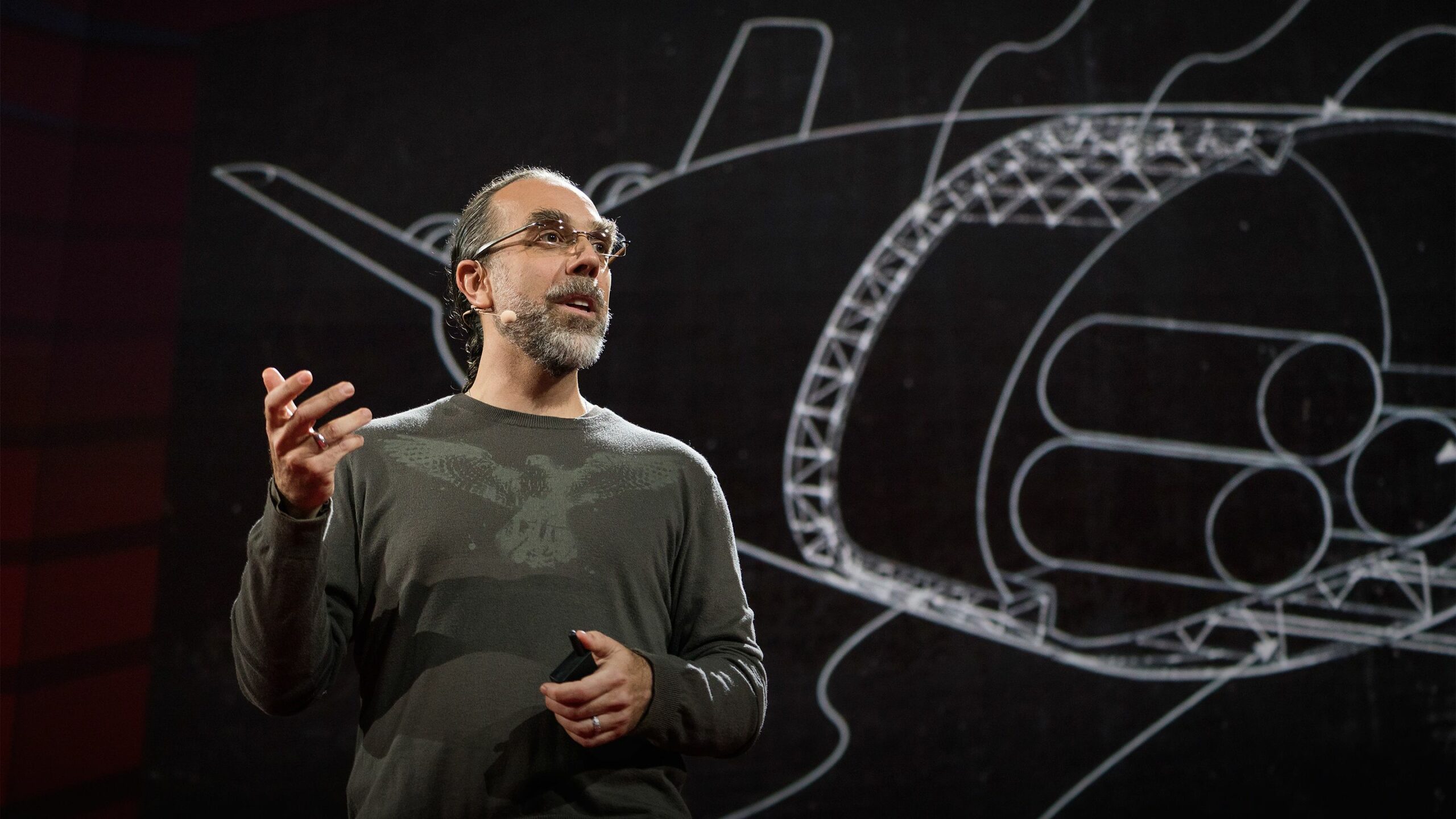Alphabet, Google’s parent company, is making a significant shift in its strategy for launching ambitious technology projects, known as “moonshots.” Instead of keeping projects within Alphabet, the company’s innovative ideas factory, “X,” is now structuring them as independent companies. X’s president, Astro Teller, announced this change at an event. The new approach aims to accelerate the growth and development of projects outside of Alphabet’s corporate structure.
A new era for Alphabet X: Wild ideas are being incorporated with a private fund
At the heart of this strategy is a private venture fund established exclusively to invest in companies originating from X. This fund, called Series X Capital, has raised over $500 million and is led by Gideon Yu, a former Facebook CFO. Alphabet is intentionally only a small investor in this fund. Teller stated that if Alphabet became a major investor, the companies would remain under Alphabet’s control and the goal of independence would not be achieved. This fund, unlike Alphabet’s other investment arms, GV, CapitalG, or Gradient Ventures, is legally obligated to focus solely on X projects.

Astro Teller stated that some projects benefit from Alphabet’s resources, but others don’t benefit from being part of Alphabet because they are “too different.” Historically, successful projects like Waymo (autonomous driving) and Wing (drone delivery) have been subsidiaries of Alphabet. However, in the new model, projects are expected to progress more quickly outside of Alphabet, where they lack control while maintaining strategic collaboration.
X’s strategy is underpinned by a culture of “ruthless intellectual honesty.” A “moonshot” project for X must have three components: an attempt to solve a major global problem, a product or service proposal that could alleviate that problem, and a groundbreaking technology that offers a “glimmer of hope” that they can solve that problem. The critical point Teller emphasizes is this: “If a project proposal seems reasonable, the company won’t be interested in it. Because it’s not a moonshot by definition.”
When new ideas meet these criteria, the X team begins testing them relentlessly. The goal is to find reasons to terminate the project. Teller notes that the most challenging parts of the project are always tested first. If the idea turns out to be a little more “crazy” than intended, the project is immediately terminated. As a result of this approach, only 2% of projects succeed. Teller describes this not as a failure, but as a characteristic of the system. Separating ideas from people is part of this culture. Teller says he doesn’t know who initiated massive projects like Waymo or Wing, preventing personal commitment from overriding “intellectual honesty.”
This system also offers a different model for employees. X employees don’t receive stock in the early stages of projects; instead, they receive a salary like a standard Google employee. According to Teller, this isn’t a “company,” but simply “an idea to learn about.” This eliminates the financial pressure that prevents founders from finalizing their own ideas. Employees can honestly say that a project isn’t progressing because they aren’t risking their own future.
If a project is successful and becomes an independent company, the team working on that project receives a significant share of the new company. This share is similar to what they would have received if they had started the project in their own garage at that financing stage, but they take no financial risk during the process. X has already made companies like Taara (wireless optical communication) and Heritable Agriculture (agricultural biotechnology) independent through this model in 2025.
The latest “moonshot” company announced by X is Anori. Anori is described as an artificial intelligence platform that solves complex building projects for real estate developers and the construction industry. Astro Teller noted that the construction sector is responsible for approximately 25% of global solid waste and carbon emissions, a basic human need, and emphasized the enormous opportunity this field presents for a “moonshot.”
Alphabet’s strategy of spinning off ambitious projects into independent companies is also changing how innovation is fostered in the tech world. How about X’s relentless testing of projects and honesty?













